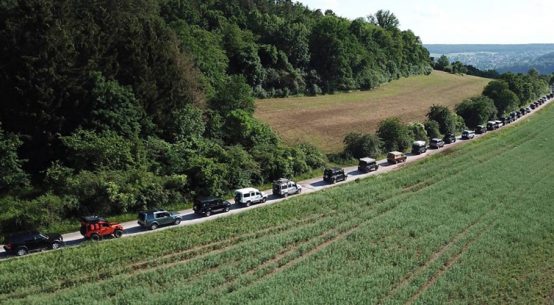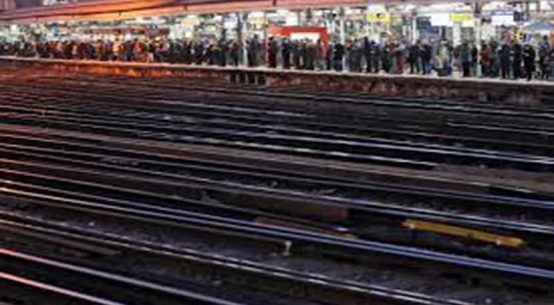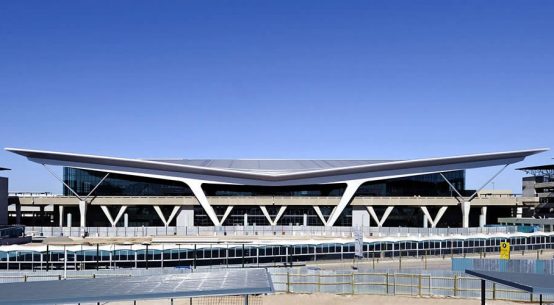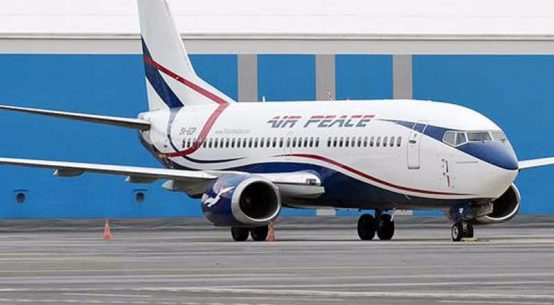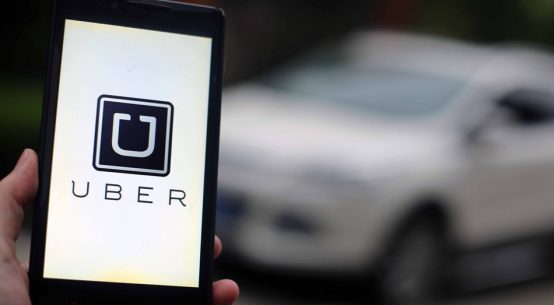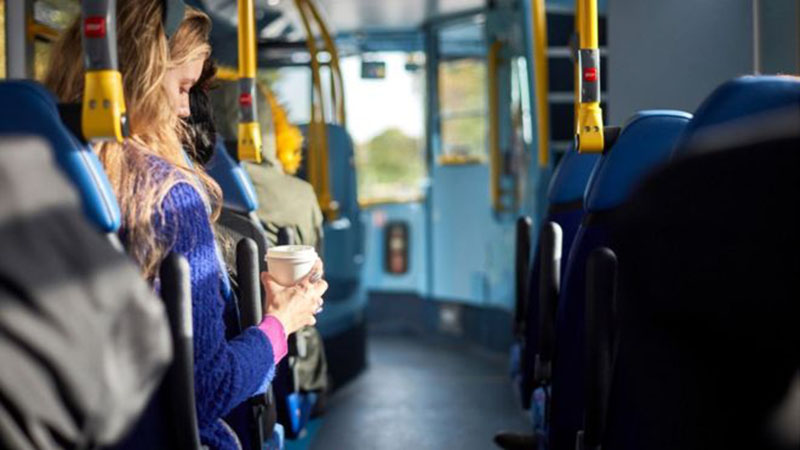
Inside a London bus. Don’t spill the coffee, the bus needs it to move on.
Waste coffee grounds will be used to help power some of London’s buses from Monday, it has been revealed.
London (BBC) – A biofuel created by blending oil extracted from coffee waste with diesel is to be added to the public transport fuel supply.
Technology firm bio-bean says it has produced enough coffee oil to power one bus for a year.
Transport for London (TfL) has increasingly turned to using biofuels to reduce transport emissions.
Will buses be run on coffee in future?
Biofuel made using waste products such as cooking oil and tallow from meat processing is already used in many of the capital’s 9,500 buses.
However, this is thought to be the first time a coffee-derived biofuel has been added to London’s public transport system.
Londoners create 200,000 tonnes of coffee waste a year, according to bio-bean.
The company takes the used grounds from coffee shops and instant coffee factories and extracts oil from it in its factory.
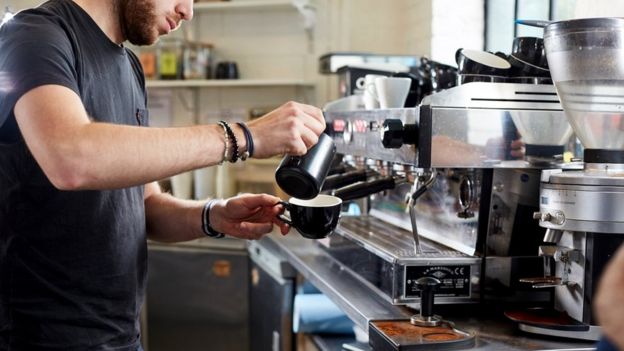
This is then processed into a blended B20 biofuel.
Buses can be powered using the fuel without the need for modification.
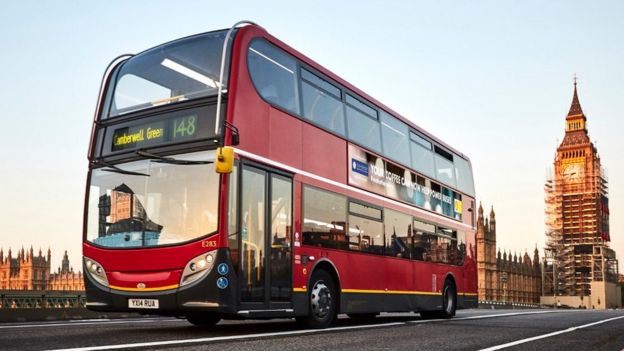
The firm believes it would take just over 2.55 million cups of coffee to create enough biofuel to run a London bus for a year once the oil has been blended with diesel.
Follow us on TWITTER for more Logistics News Follow us on FACEBOOK for more Logistics News
Six-thousand litres of coffee oil have been produced so far.
“It’s a great example of what can be done when we start to reimagine waste as an untapped resource,” bio-bean founder Arthur Kay said.




